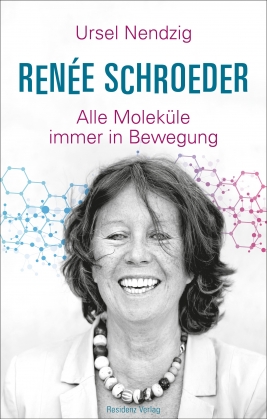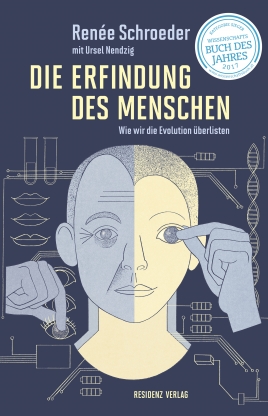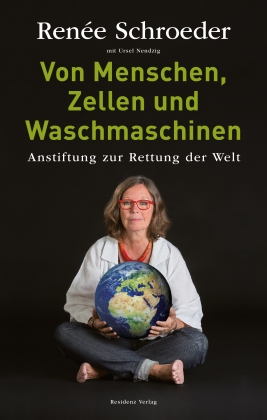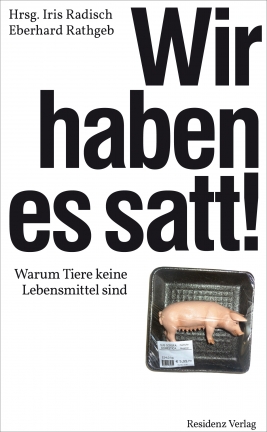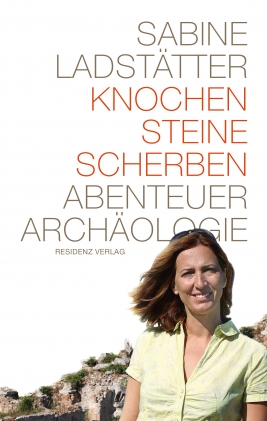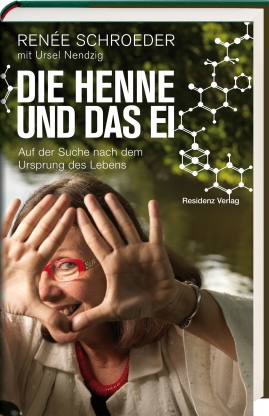
Ursel Nendzig Renée Schroeder - The hen and the egg
Searching for the origins of life
Searching for the molecule of life
What is a human? Every person would like to know what or who he or she is. In her fascinating search for the molecule of life the biochemist Renée Schroeder has made groundbreaking discoveries. In her search for answers she does not hesitate to question the possibilities of genetics and in the dispute between belief and science clearly positions herself in favor of a society based on knowledge. In all this, she is never afraid addressing on taboos. The question of the origin of life leads Schroeder far beyond the boundaries of her own scientific field and towards fundamental issues of being. Where do we come from, where are we going? How does evolution work and what role does chance play? Renée Schroeder’s undogmatic approach to the boundaries of our perception opens the door to a new way of thinking and new perspectives. In this book the passionate scientist explains what applied bioethics is and what the hen-egg question means for our future, all while guiding us through the wonderful world of molecules.
Book details
208 pagesformat:140 x 220
ISBN: 9783701732487
Release date: 13.09.2011
License rights
- World rights available






